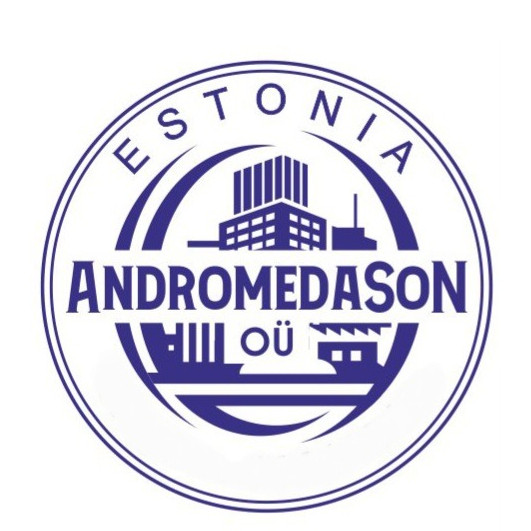How to ensure your temporary workers are highly qualified
In today's fast-paced industrial landscape, the ability to quickly adapt to changing project demands is crucial. Temporary workers provide the flexibility needed to scale workforce capacity up or down, ensuring that companies can meet their objectives without the long-term commitment of hiring permanent staff. However, the challenge lies in ensuring that these temporary workers are highly qualified to maintain operational efficiency and quality standards.
Understanding the Unique Challenges of Temporary Staffing
Industrial companies often experience peaks and valleys in their production cycles, requiring a workforce that can dynamically adjust. Temporary staffing solutions must be able to swiftly respond to these changes without compromising the quality of work.
Even though temporary, workers must integrate seamlessly into existing teams and processes. This requires a level of qualification that allows them to contribute effectively from day one.
Temporary workers must adhere to the same industry standards and regulations as permanent staff to avoid legal and safety issues.
Strategies for Attracting Qualified Temporary Workers
Building a reputation as a great place to work attracts higher caliber candidates. This involves creating a positive work environment, showcasing company culture, and highlighting opportunities for growth and development.
To attract the best talent, companies must offer attractive compensation packages that are competitive within the industry, including fair wages, benefits, and perks.
Partnering with reputable staffing agencies like ANDROMEDASON OÜ ensures access to a pre-vetted pool of qualified candidates who can meet the specific needs of industrial companies.
Best Practices in Vetting Temporary Workers
Background checks are essential to verify a candidate's identity, criminal history, and eligibility to work. This step is critical in maintaining a safe and compliant workplace.
Assessing a candidate's technical skills and competencies through tests and practical evaluations ensures they have the necessary expertise to perform the job effectively.
References from previous employers can provide valuable insights into a worker's reliability, work ethic, and ability to adapt to new environments.
Training and Onboarding for Success
Comprehensive training programs tailored to temporary workers can help bridge any skill gaps and ensure they are up to speed with company procedures and safety protocols.
Mentorship programs pair temporary workers with experienced staff to provide guidance and support, fostering a quicker integration into the team.
Regular performance monitoring and constructive feedback help temporary workers understand expectations and improve their contributions to the company.
Utilizing Technology to Streamline the Hiring Process
Applicant tracking systems (ATS) can automate parts of the recruitment process, making it easier to manage large volumes of applicants and identify the most qualified candidates.
Online skills assessment tools provide objective measures of a candidate's abilities, helping to ensure they are a good fit for the role.
Artificial intelligence can enhance the recruitment process by quickly analyzing vast amounts of data to identify patterns and predict candidate success.
Maintaining a Talent Pool for Future Needs
Keeping in touch with former temporary workers who performed well creates a ready-to-go workforce for future projects.
Maintaining detailed records of temporary workers' performance helps in making informed decisions when re-hiring for new assignments.
Building a community through networking events and social media groups can keep qualified professionals engaged and interested in future opportunities with the company.






Comments (0)